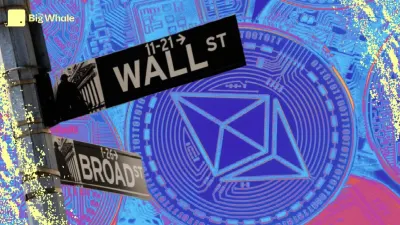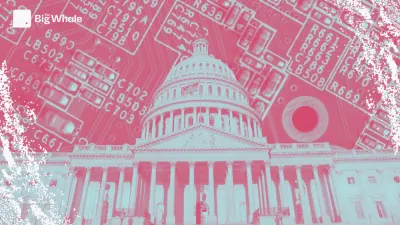Cristiano Ventricelli (Moody's): "There should be a system for rating the risks associated with blockchains"

Technological risks, convergence with traditional finance... In an interview with The Big Whale, the vice-president of Moody's rating agency's digital assets business looks back at the challenges facing the crypto industry.
Heading 1
Heading 2
Heading 3
Heading 4
Heading 5
Heading 6
Lorem ipsum dolor sit amet, consectetur adipiscing elit, sed do eiusmod tempor incididunt ut labore et dolore magna aliqua. Ut enim ad minim veniam, quis nostrud exercitation ullamco laboris nisi ut aliquip ex ea commodo consequat. Duis aute irure dolor in reprehenderit in voluptate velit esse cillum dolore eu fugiat nulla pariatur.
Block quote
Ordered list
- Item 1
- Item 2
- Item 3
Unordered list
- Item A
- Item B
- Item C
Bold text
Emphasis
Superscript
Subscript
This analysis is not investment advice. It has been prepared without taking into account your personal situation, particularly your financial situation, risk profile, and investment objectives.
Before investing in any product, investors should fully understand the risks involved and consult their own legal, tax, financial, and accounting advisors.
Before investing in any product, investors should fully understand the risks involved and consult their own legal, tax, financial, and accounting advisors.
Become an insider
The best crypto news and analysis. Every week. 100% independent.
Everything that matters in crypto
The best news and crypto analysis. Every Week. 100% independent.
Tokens in this article
No items found.
Projects in this article
No items found.
In this category

United States: SEC Chair wants to move Wall Street onchain
United States: SEC Chair wants to move Wall Street onchain

Genius Act and Clarity Act: The United States adopts 2 historic pieces of legislation on cryptos
Genius Act and Clarity Act: The United States adopts 2 historic pieces of legislation on cryptos

Stablecoins: the United States adopts the GENIUS Act, what you need to know
Stablecoins: the United States adopts the GENIUS Act, what you need to know

